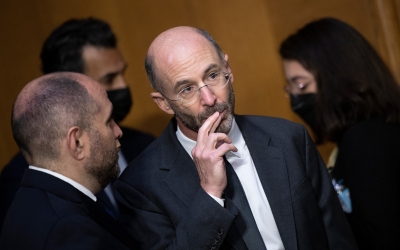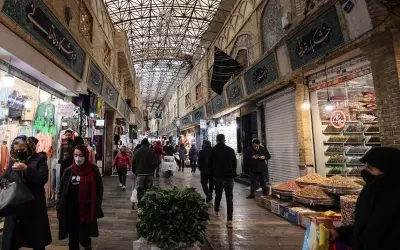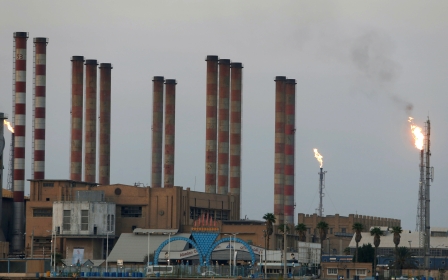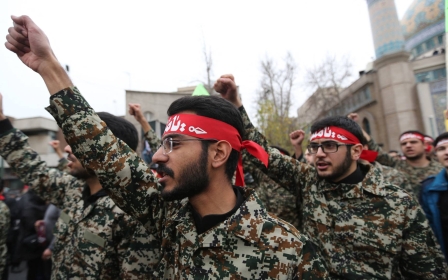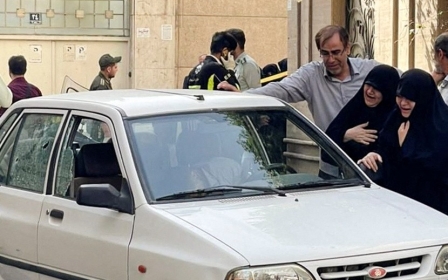Iran's foreign minister claims US foreign policy held 'hostage' by Israel
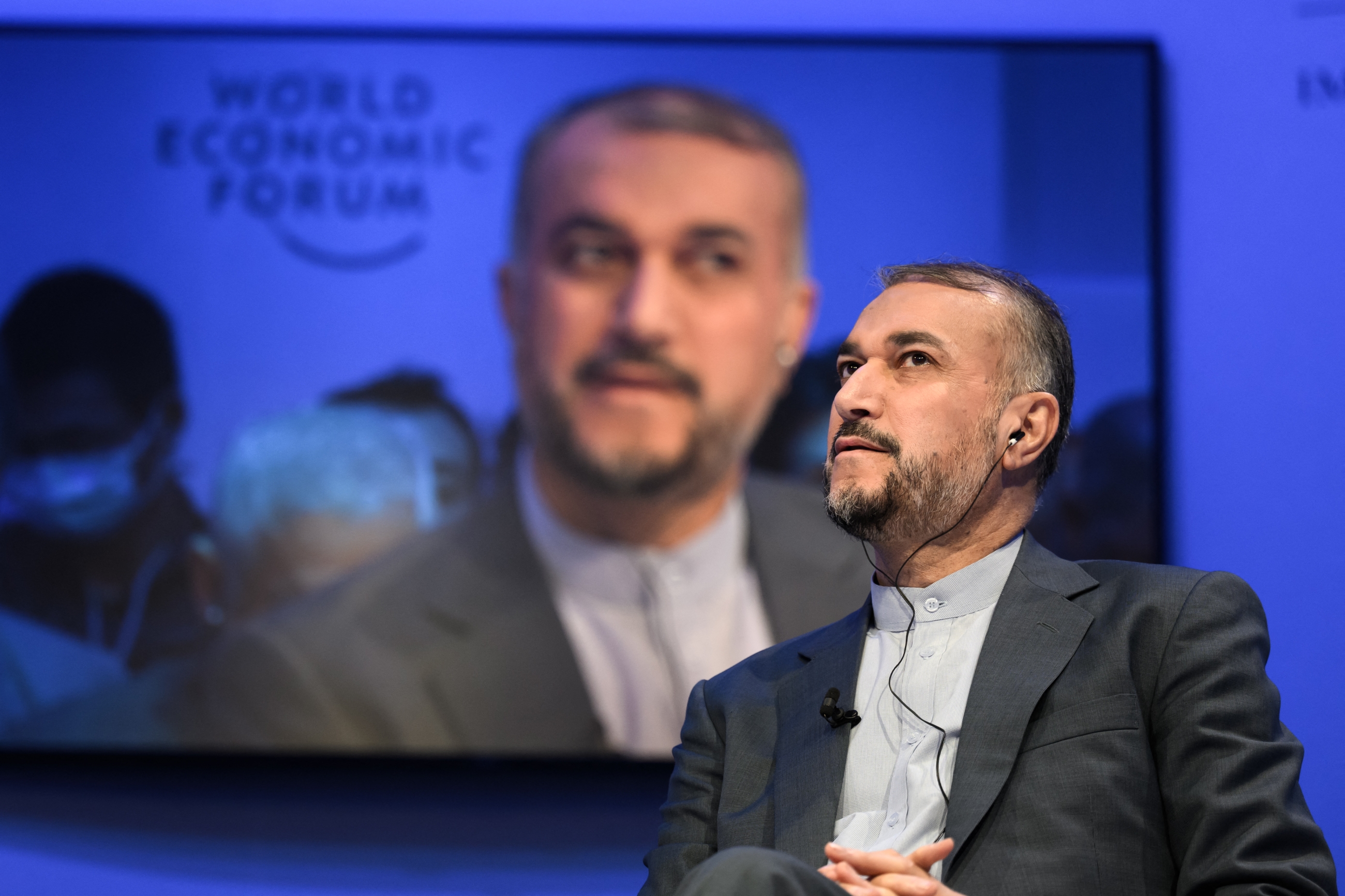
Iran's foreign minister claimed on Thursday that US foreign policy had been "taken hostage" by Israel, a day after a senior US diplomat said the odds of striking a nuclear deal with the Islamic Republic were "at best, tenuous".
Speaking at the World Economic Forum in Davos, Foreign Minister Hossein Amir-Abdollahian accused the Biden administration of being "indecisive" in talks to salvage the 2015 nuclear deal, adding that Iran was still committed to reaching an agreement.
Abdollahian said the White House needed to "show goodwill" in delisting the Islamic Revolutionary Guard Corps (IRGC), and any deal must facilitate Tehran's economic and trade activity with the rest of the world.
On talks aimed at reducing tensions with Saudi Arabia, Abdollahian said the two sides have made small but significant progress and have agreed to hold talks at the level of foreign ministers in the near future.
The US and Iran have been engaged in talks to revive the 2015 nuclear deal since April 2021. Despite a draft agreement circulating that has settled most issues between the parties, the talks stalled over Iran's demand that the US lift sanctions on the powerful IRGC.
At a Senate hearing on Wednesday, Rob Malley, the top US envoy on Iran, downplayed the chances of striking a deal and laid the blame on "excessive Iranian demands".
"If Iran maintains demands that go beyond the scope of the [JCPOA], we will continue to reject them, and there will be no deal," he said.
In his testimony, Malley said the issue of the IRGC had been removed from the talks, with the US ruling out delisting the group.
The IRGC is a powerful institution in Iran that controls a business empire as well as elite armed and intelligence forces, which Washington accuses of carrying out global "terror" campaigns.
Abdollahian appeared to downplay the delisting issue, saying it had been magnified by Israel. He also attributed the pause in talks to a "lack of economic guarantees" from the US and claimed the Biden administration was unwilling to forego Trump-era policies against Iran.
Former President Donald Trump pulled out of the multilateral pact, known as the Joint Comprehensive Plan of Action (JCPOA), in May 2018, and started piling sanctions on the Iranian economy as part of his "maximum pressure" campaign.
Tehran maintained its compliance with the accord for a few months before it began rolling back its commitments in 2019 and started enriching uranium at higher levels.
On Tuesday, Politico reported that US President Joe Biden was planning on keeping the IRGC on Washington's list of terrorist organisations. Israeli Prime Minister Naftali Bennett said later in the day that Biden informed him of the decision last month.
US 'goodwill' on IRGC
Tehran and Riyadh have held five rounds of talks since April last year, brokered by the Iraqi government. The two countries severed ties in 2016 and are engaged in bitter proxy battles throughout the region. Saudi Arabia, along with other Gulf Arab states, opposed the 2015 nuclear agreement.
Saudi Arabia's foreign minister, Prince Faisal bin Farhan Al Saud, speaking at Davos earlier on Tuesday, said a nuclear deal with Iran would "be potentially a good thing if it's a good deal".
He noted some progress in Riyadh's own negotiations with its arch-rival, adding that "hands remain stretched" to Tehran.
Abdollahian said Iran has "always kept its door open" for Saudi Arabia and is ready for the normalisation of ties with the Gulf neighbour, adding that it will contribute to stability in the region.
Middle East Eye delivers independent and unrivalled coverage and analysis of the Middle East, North Africa and beyond. To learn more about republishing this content and the associated fees, please fill out this form. More about MEE can be found here.


